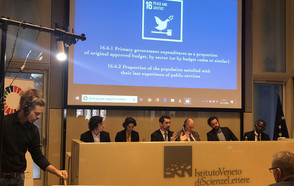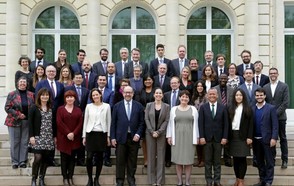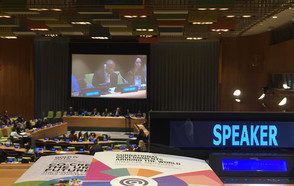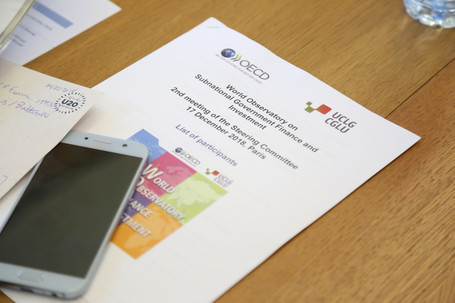
Photo credits: @OCED
On 17 December 2018, UCLG co-chaired with the OECD the 2nd Steering Committee of the World Observatory on Subnational Government Finance and Investment. Jointly with founding partners, the AFD and UNCDF, the Observatory presented results achieved and lessons learned to the members of the Steering Committee, including a strong representation of UCLG regional and metropolitan sections and other partners of the GTF.
A unique multi-level partnership
One year after the first Steering Committee, UCLG and the partners of the World Observatory on SubNational Governments Finance and Investment met again to assess progress and advance in the activities of the Observatory. Welcoming participants to the Steering Committee, Lamia Kamal-Chaoui, Director of the OECD Centre for Entrepreneurship, SMEs, Local Development and Tourism, reminded them of the importance of the joint effort to improve knowledge on subnational governments’ financial structure and intergovernmental relations.
Emilia Saiz, Secretary general of UCLG, reaffirmed the need to increase co-ownership of the data, besides the efforts to collect it, and use it to support truly transformative policies. The analysis performed in the Observatory must go back to each organization and allow them to take action: the consensus that local and regional governments are at the frontline of climate action or sustainable development needs to be given meaning via improved institutional capacities and policy engagement throughout the process.
With the French development agency (AFD) and United Nations Capital Development Fund (UNCDF), co-founders of the Observatory, the co-chairs welcomed the DeLoG Network and the Council of Europe’s Development Bank as parties of the initiative. Thanks to their contributions, the Observatory is now able to cover up to 130 countries, with an improved level of analysis on subnational tiers of governments and their diverse role and functioning.
During the discussion, the OECD, UNCDF, CNM, and SALGA (represented by UCLG) were invited to present the results and lessons learned of this first year of data collection. It was also the opportunity to assess the methodology elaborated by the OECD and validated by members during the Barcelona Workshop of April 2018. Emphasis was put on participatory mechanisms, inviting partners to keep on building a network of focal experts not just to collect data, but also improve analysis and build truly multilevel dialogue. Data accessibility for both public officers and communities, and their ability to contribute with key messages for policy-makers, were at the core of the debate.
Support national and international multi-stakeholder dialogues and transformative reforms
Flo Clucas, CEMR spokesperson on local finance, highlighted that the project already has achieved trustworthiness based on the complementarity of the partners involved. Progress should be an incentive to experiment more with the data and offer though-provoking comparative analyses for elected officers, as a spark towards more transformative reforms. Likewise, the contributions of Greg Munro, Secretary General of CLGF, and Elton Stafa, expert at the NALAS network, highlighted the importance of adapting outputs and get policy-makers involved in the process.
Juan Voelker, Financial Director of the City of Montevideo – Mercociudades – and Marcel Pandin, advisor for UCLG-ASPAC, stressed how important it is for local and regional governments to be able to compare among themselves; and contribute to own national debates building on a stronger, objective analysis to which themselves contributed. Octavi de la Varga, Secretary General of Metropolis, also emphasized that analysis should pay attention to territorial inequalities: knowing their own context better can help metropolitan areas to shape the discussion on financial strategies in order to achieve more systemic cohesion.
The partners committed to the next steps, finalizing the harmonization of country profiles, developing the first report of the Observatory, creating a website to facilitate access to data, and preparing the International Conference of the World Observatory on Subnational Government Finance and Investment, to be held on June 17, 2019, in Paris.
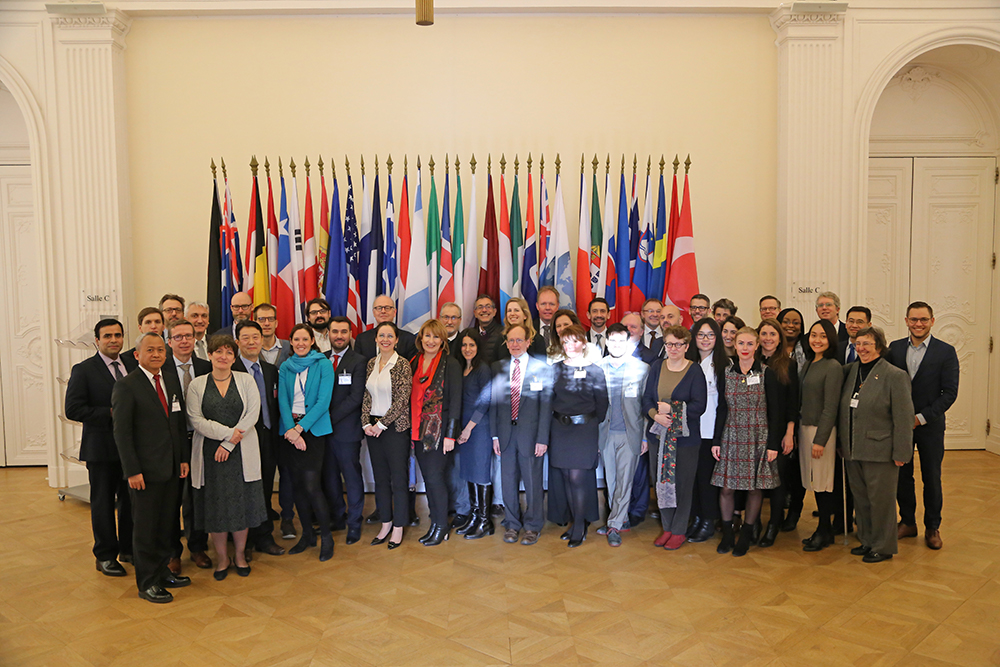
- Read the first analysis (2016) “Subnational Governments Around the World, Structure and Finance”
- Read the country profiles of “Subnational Governments Around the World, Structure and Finance”











